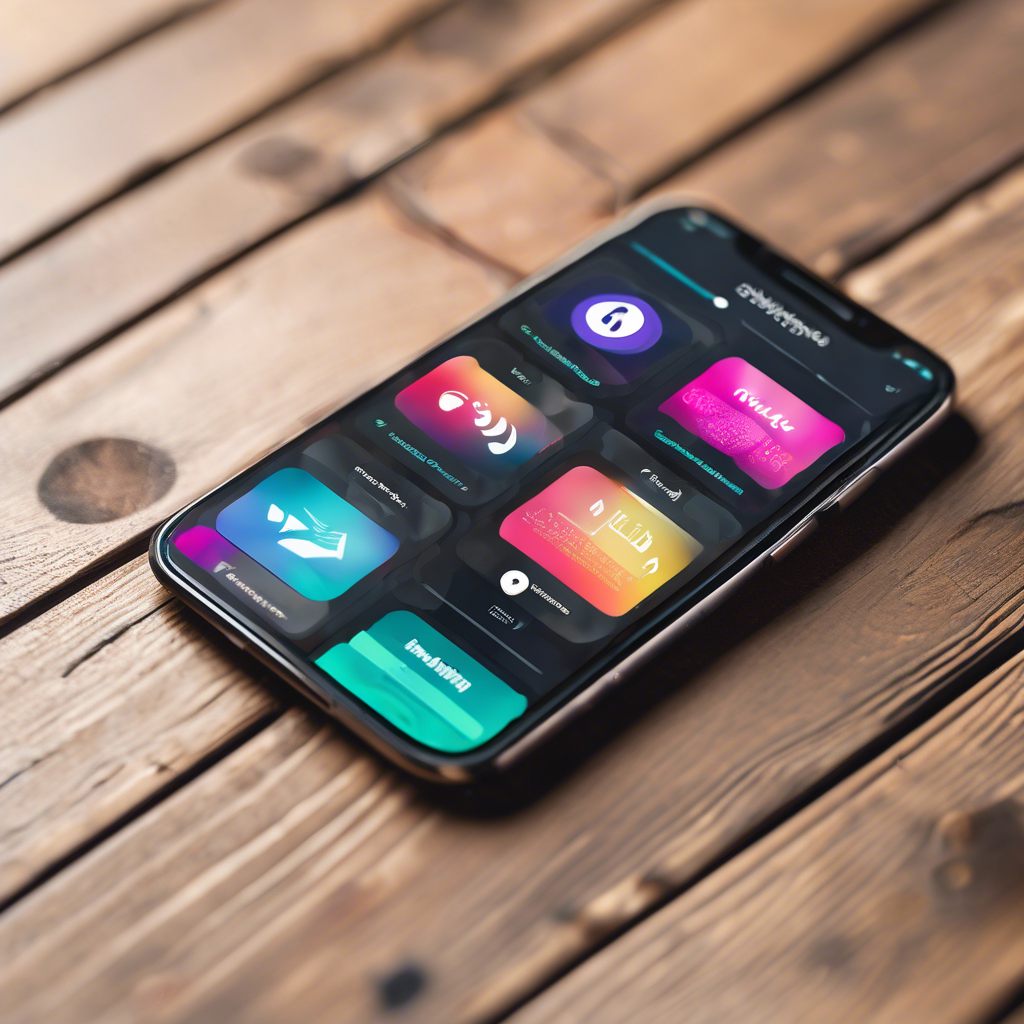None

Imagine finding yourself in a foreign country, unable to speak the language, stumbling upon a construction zone. The air is thick with dust, fatigue sets in as you still carry the smell of the airplane. Amidst the loud jackhammers, you attempt to decipher the signs: should you cross the street, walk another block, or turn around? I recently encountered such a scenario but came prepared. I had traveled to Montreal to test Meta's Ray-Ban smart sunglasses, equipped with a new AI translation feature. Within just 10 minutes of embarking on my first walk, I found myself faced with a multitude of perplexing orange detour signs. The purpose of the AI translation feature is to provide wearers with a convenient and hands-free way to understand text written in foreign languages, making this the perfect opportunity to test its real-time functionality. As an excavator roared nearby, I glanced at a sign and directed my sunglasses to translate its contents. However, before I could even finish my request, a stressed Quebecois construction worker began shouting at me and pointing northward. Scrambling to comply, I hurriedly crossed the street. Right at the start of my AI adventure, I encountered the biggest limitation of this translation software—it currently lacks the ability to interpret spoken language. It can only process written words. I was already aware that the feature was only capable of translating text, so this came as no surprise. However, as the next 48 hours unfolded, I discovered several other less evident restrictions.
I put the AI translation to the test with various street signs, business signage, advertisements, historical plaques, religious literature, children's books, tourism guides, and menus. The results, as expected, were highly diverse. Occasionally, the translation proved competent, such as when it accurately conveyed that the book I picked up for my son, "Trois Beaux Bébés, " was about three beautiful babies. However, for basic words like "ouvert" meaning "open, " the translation was repeatedly provided, despite my familiarity with the term. On other occasions, my robotic translator fell short. For instance, it translated the sign for the infamous adult movie theater, Cinéma L'Amour, as. . . "Cinéma L'Amour" (a commendable effort, but Google Translate at least offered "Cinema Love"). During restaurant visits, I struggled to make it read the entire menu. Instead of providing a detailed list of burger options at a brew pub, it simply stated the presence of "burgers and sandwiches, " refusing to be more specific despite my insistence. The following night, at an Italian restaurant, I encountered a similar issue. It offered a broad summary of the menu instead of providing detailed descriptions. I was informed of the presence of "grilled meat skewers, " but not that they included duck confit, lamb, and beef options, nor their respective prices. Overall, the AI translation feature currently feels more like an unpredictable party trick than a truly indispensable travel tool for navigating foreign lands. How It Works (or Doesn't) To utilize the AI translation, a wearer of the smart glasses must utter the following magical words: "Hey Meta, look at. . . " and then proceed to request a translation of what they see.
Brief news summary
In a foreign country with no language skills, stumbling upon a construction zone can be overwhelming. This was exactly my situation when testing Meta's Ray-Ban smart sunglasses with AI translation in Montreal. As I encountered confusing detour signs, I relied on the translation feature to decipher their meaning. However, I quickly realized its limitations: it only translates written text and cannot provide real-time verbal translations. Over the next 48 hours, I tested it on various signs, literature, and menus, with mixed results. While it accurately translated some content, it struggled with others, providing vague summaries instead of detailed information. Ultimately, the AI translation feature is more of a novelty than a truly practical travel tool at the moment. To activate the feature, users need to say "Hey Meta, look at ..." and ask for a translation.
AI-powered Lead Generation in Social Media
and Search Engines
Let AI take control and automatically generate leads for you!

I'm your Content Manager, ready to handle your first test assignment
Learn how AI can help your business.
Let’s talk!

Ford explores decentralized legal data storage on…
Ford Motor Company, a Fortune 500 firm, has partnered with Iagon and Cloud Court to initiate a proof-of-concept (PoC) centered on decentralized legal data storage, according to an announcement dated June 18.

Pope Leo XIV Expresses AI Concerns for Children's…
Pope Leo XIV has expressed profound concerns about artificial intelligence’s (AI) effects on the intellectual, neurological, and spiritual development of children.

Deezer Implements AI Song Tags to Combat Fraud
Deezer, the major Paris-based music streaming service, is actively tackling the growing issue of AI-driven fraud on its platform.

Coinbase Seeks SEC Approval for Blockchain-Based …
Coinbase, a leading cryptocurrency exchange, is pursuing approval from the U.S. Securities and Exchange Commission (SEC) to offer "tokenized equities" to its users, as revealed by Paul Grewal, Coinbase’s Chief Legal Officer, in a Reuters interview.

CEOs Warn of AI's Impact on Corporate Workforces
The latest Axios AM newsletter covers key updates across technology, politics, and international affairs.

ZIGChain Summit 2025 Reveals Shariah RWA Platform…
The inaugural ZIGChain Summit 2025, held in Dubai, marked a significant milestone in decentralized finance, bringing together leaders from Traditional Finance (TradFi), Web2, and Web3 sectors.

Amazon CEO Warns of AI-Driven Job Reductions in C…
Amazon CEO Andy Jassy has issued a significant warning about the company’s future workforce strategy amid its growing integration of artificial intelligence (AI) across operations.

 Auto-Filling SEO Website as a Gift
Auto-Filling SEO Website as a Gift








 Auto-Filling SEO Website as a Gift
Auto-Filling SEO Website as a Gift

